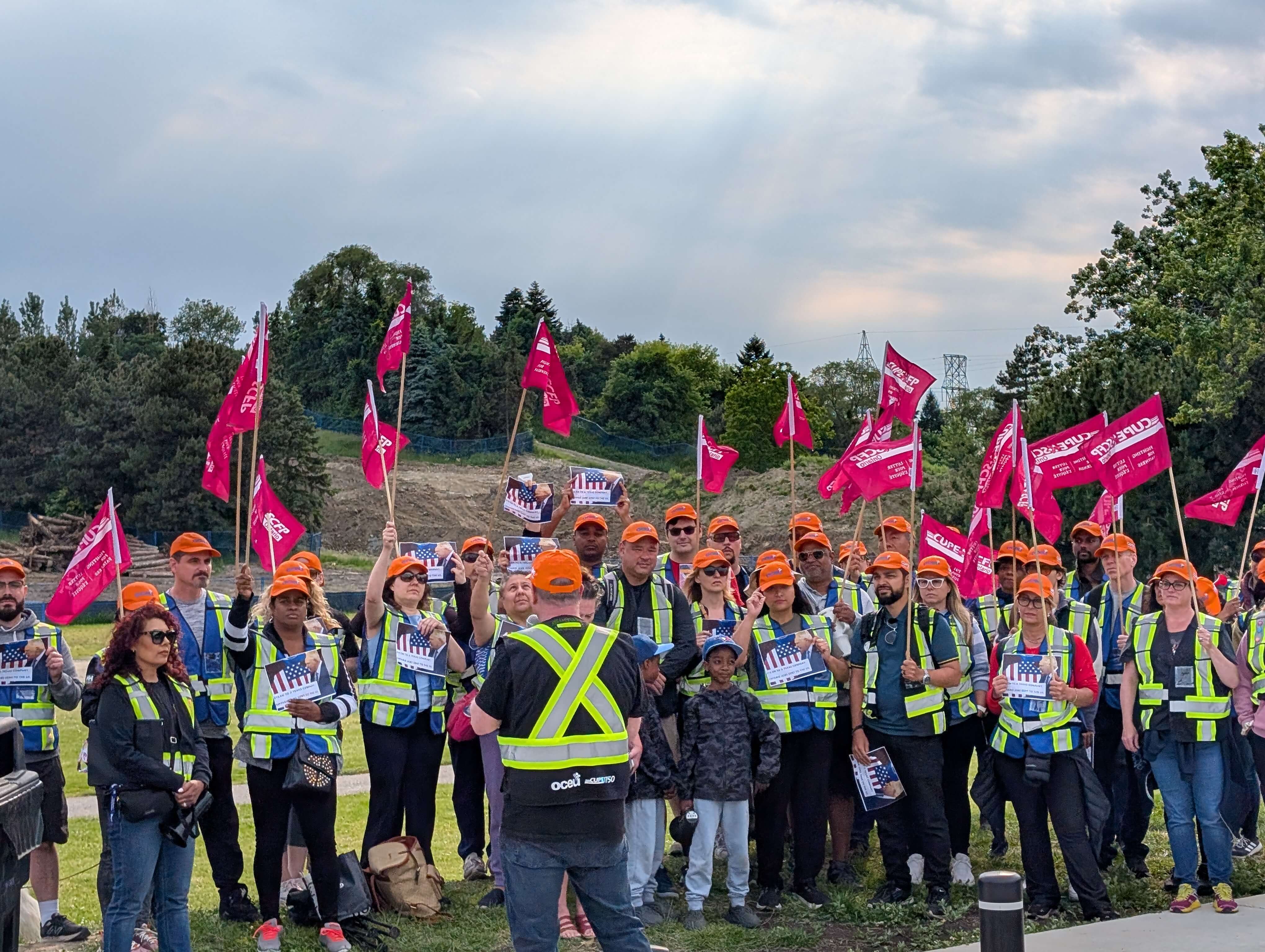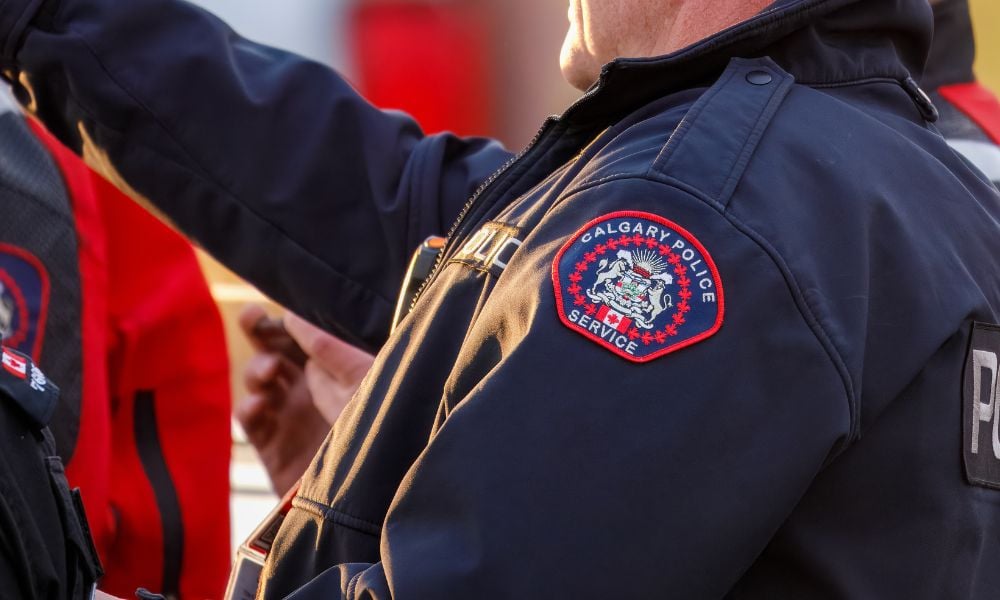Share your skills with the BCRSP and get so much in return, including opportunities for networking, learning and leadership

This article was produced in partnership with BCRSP.
With National Volunteer Week just around the corner on April 16-22, there’s no better time to get involved with The Board of Canadian Registered Safety Professionals (BCRSP).
Founded in 1976, the BCRSP is the certification board for people working in the occupational health and safety sector, as well as a powerful advocate for clear national standards among Canada’s provinces and jurisdictions.
Volunteering at the BCRSP is a rewarding way to improve the health and safety of others. It also provides a surprising number of opportunities to improve your skills and meet like-minded professionals.
“It’s a neat experience to see our profession grow and just be a part of the education and needs for today's health and safety professionals,” says David Williamson, founder of SDI Group and a former BCRSP governor. “They're faced with challenges that I didn't have to face.”
Passing on knowledge and experience to others is a common motivation for BCRSP volunteers, allowing them to make a positive impact on their industry and the people it serves.
Volunteering also helps people feel more connected to their work and gives them a sense of purpose beyond day-to-day responsibilities.
“It’s an opportunity to meet great people from across the country who are passionate about the profession, " says Evan Edbom, the VP for People, Safety & Culture at Sutherland Group Enterprises who serves as the BCRSP’s Chair for the Qualifications Review Committee.
Networking
A key benefit to volunteering is the ability to build connections with other professionals in the industry. Meeting people who share interests, skills and goals opens the door to new knowledge and experiences.
“Health and safety is a small community spread out across a big country,” says Bhavesh Mody, a consultant at Workplace Safety & Prevention Services who sits on the BCRSP’s Professional Conduct Committee.
“The BCRSP is an opportunity to share information with people you wouldn't normally meet. You are connected with people in various provinces and industries, so you learn what is happening in Alberta, New Brunswick and elsewhere.”
Mody also says there’s something special about the type of person who commits time to improving health and safety for working Canadians.
“They care,” he says. “You cannot fake concern for health and safety. The people who work in this industry care about making a safer environment for others.”
Communication
Asked what health and safety professionals could be doing better today, Williamson cited the need to improve communication skills.
“We need to develop the soft skills because we're dealing with so many different types of people. From the president to new workers just starting with an organization and everybody in between, we need the ability to communicate.
“I feel we sometimes aren’t reaching an audience with updates on an incident or a health and safety manual. We need stronger skillsets in that regard so we can continue to grow and become an all-around better health and safety professional.”
Social media
Asked the same question about what improvements he would like to see, Mody noted the need to maintain a high standard of professionalism outside work, especially when it comes to social media.
“People are human and like to express their personal opinions on politics and other views on social media. But if you have been certified by the BCRSP and hold a professional designation, we need to be careful about the kind things we say.”
Recognition and rewards
Volunteering is a valuable way to develop leadership skills. Leadership roles within the organization, such as serving on a committee or leading a project, improve the ability to delegate, communicate and make decisions.
“Volunteering is a great way to transfer skills to the next generation,” says Bobby Hurley, who volunteers as a member of two committees at the BCRSP.
There’s another benefit to volunteering with the BCRSP as well.
Volunteers can earn points that go toward meeting requirements within the Continuous Professional Development (CPD) program, which is the program that ensures BCRSP certificants remain up to date with changing standards for both safety and ethics.
Finally, there’s the fact that volunteering simply feels good. It’s an activity that has a positive impact on the well-being of everyone involved.
"I’m working with fantastic peers,” says Virginie Tremblay, National Director for Health & Safety Management Systems at Canada Post, who has been a volunteer with the BCRSP for five years. “I get to give back to my profession.”





